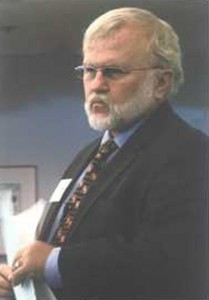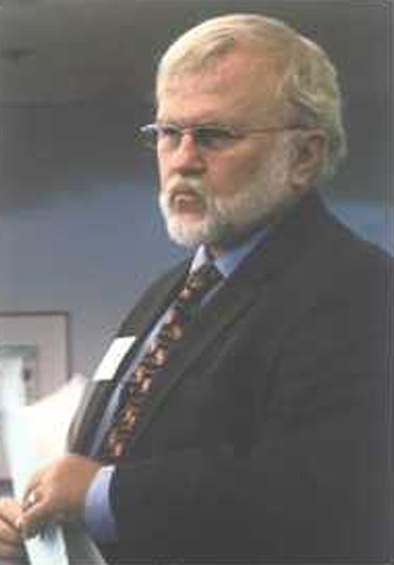By: Breanne Reilly, Transcript correspondent

Extreme interpretations of Islam are to blame for the conflicts in the Middle East, said R. Blake Michael, professor of religion at Ohio Wesleyan University.
He opened his Great Decisions presentation Friday with a Sunni phrase about Shi’as.
“Oh Sunni of Bahrain, we know nothing of what they do is in any way related to Islam and is full of superstitions and empty turbans. There is no Islamic basis to their actions,” Michael said.
Bahrain, located in the Persian Gulf, is divided between two major denominations of Islam, the Sunni and the Shi’as. In Bahrain, the ruling family is Sunni and the population is mostly Shi’a. The quote Michael used demonstrates one of the conflicts that makes the Middle East violent because of the variety of ethno-linguistic groups and religions that reside there. Sectarianism, discrimination or hatred arising from attaching importance to perceived differences between subdivisions within a group is often the result.
To demonstrate the problem, Michael compared two maps, one depicted ethno-linguistic groups and the other depicted religions in the area. He over-laid the two maps to demonstrate how the various ethno-linguistic groups and the religions bleed into one another. This is considered problematic because the groups disagree on how their religions are interpreted.
“In Islam, the prescriptive use is the prevalent use,” Michael said. “They tend to identify their way of being Islamic as true Islam and other ways as un-Islamic.”
Like al-Qaida, ISIS pushes for a strict application of the Quran. However, while al-Qaida focused on terrorism abroad, until recently, ISIS wanted authority over territory in the Middle East because it would give its caliphate power. Now, ISIS wants recognition for off-site events. This week, it claimed responsibility for the Yemen mosque bombings and Tunisia museum attack.
With regard to those attacks, Michael recommended not forming a prejudice.
“Don’t blame that on the Muslim living down the street from you,” Michael said.
When Delaware resident Helmut Kremling asked why young people are joining ISIS, Michael explained that the appeal lies with the groups’ identification with a goal.
“It’s the same reason our military recruits are 18 years old,” Michael said. “You’re young; you’re looking for a meaning, self-definition or purpose.”
Michael said ISIS recruits identify with a radical eschatological vision that promises paradise to devotees after Armageddon.
“Better that the battle be fought and lost, than the battle not be fought,” Michael said.
As for U.S. involvement, Michael said he is no political expert, but it would be unwise for the U.S. to engage in direct conflict with ISIS.
“It would be playing right into their hands,” he said.
A survey of those attending the presentation found 84 percent opposed sending ground troops to fight ISIS if air strikes are not enough to stop the group. And 90 percent said Muslims are like people everywhere and common ground can be found. The vast majority said they believed violent conflict between civilizations is not inevitable.
“The only hope for the Middle East is that the fanaticism wears down,” Michael said.
The final session of the eight-part Great Decisions series occurs on March 27 at noon when Irfan Nooruddin, a professor in the School of Foreign Service at Georgetown University, will talk about India.
